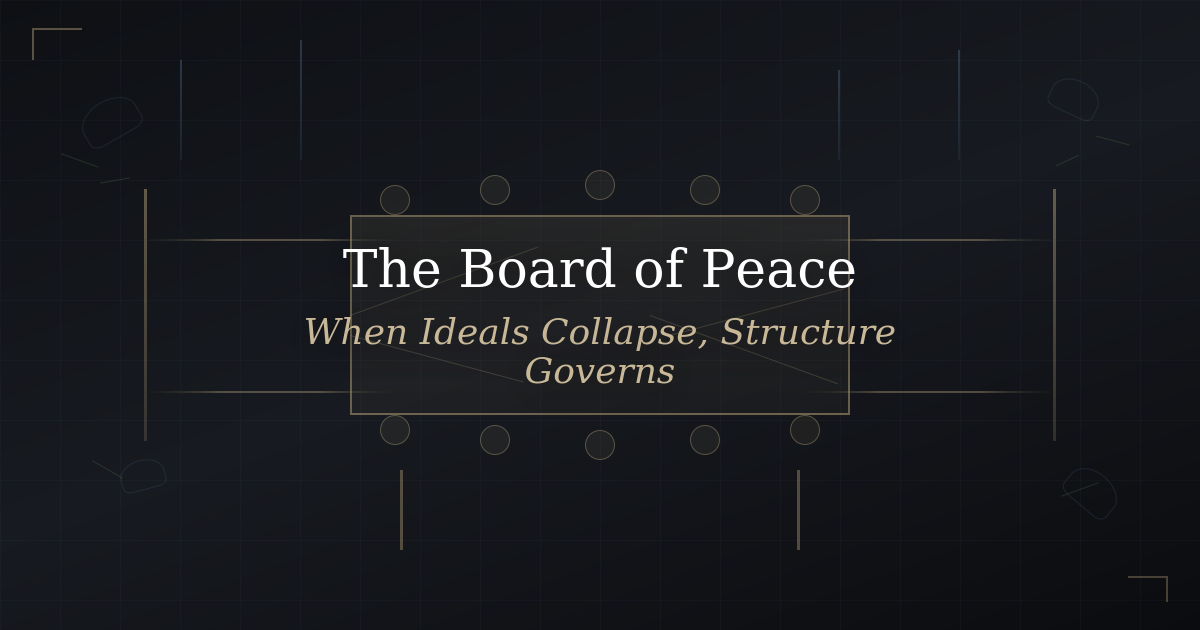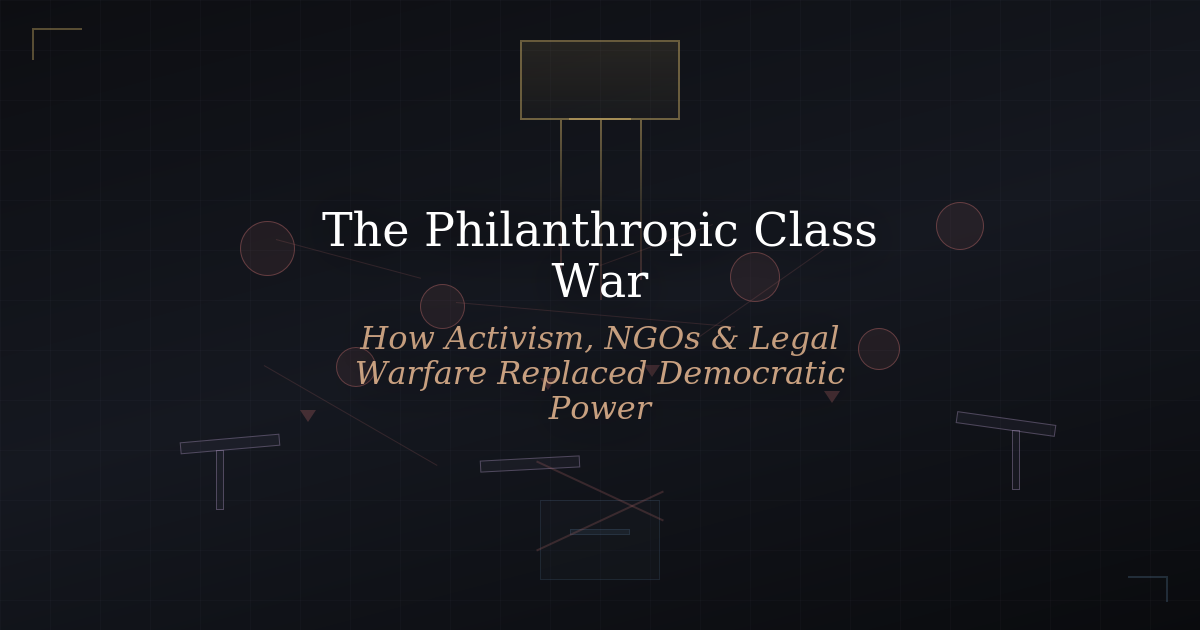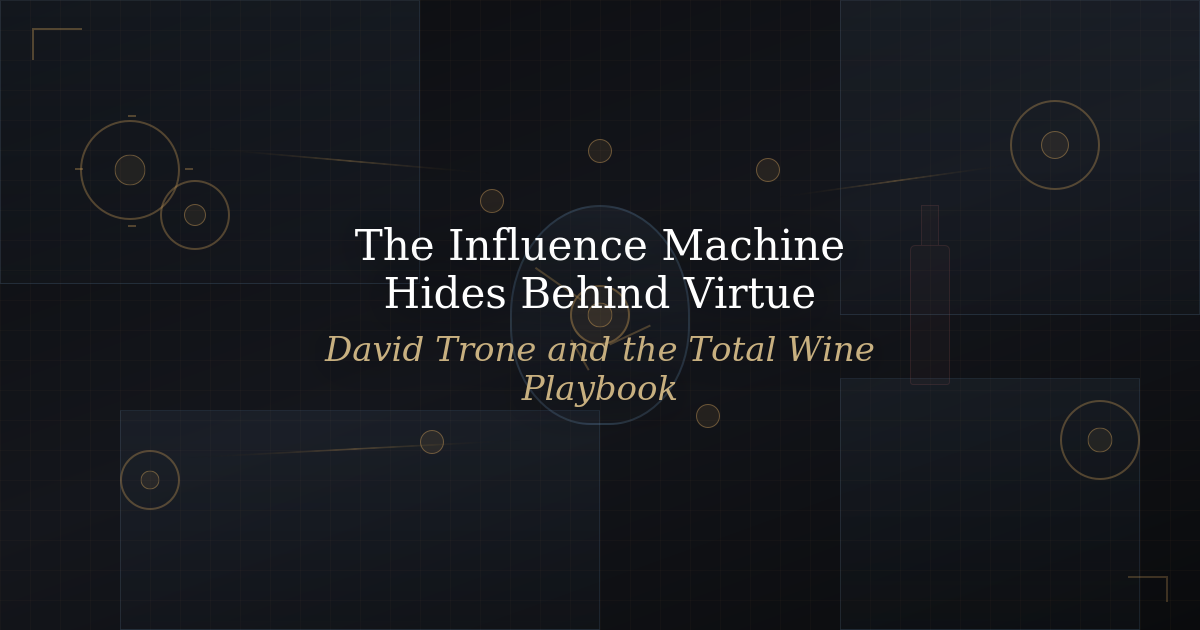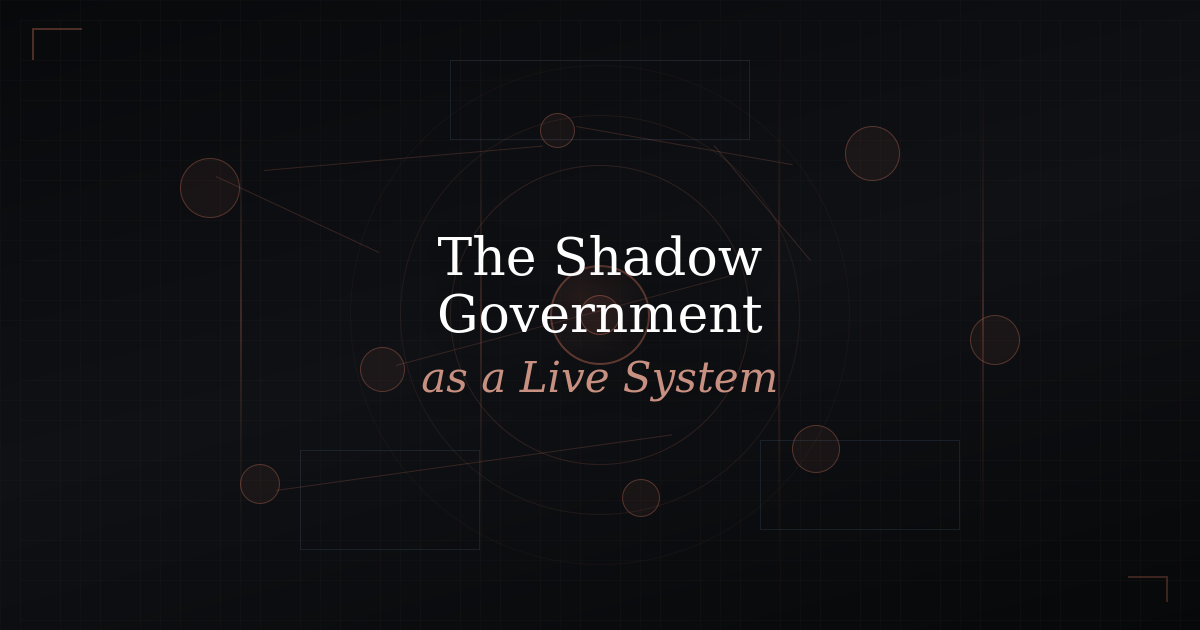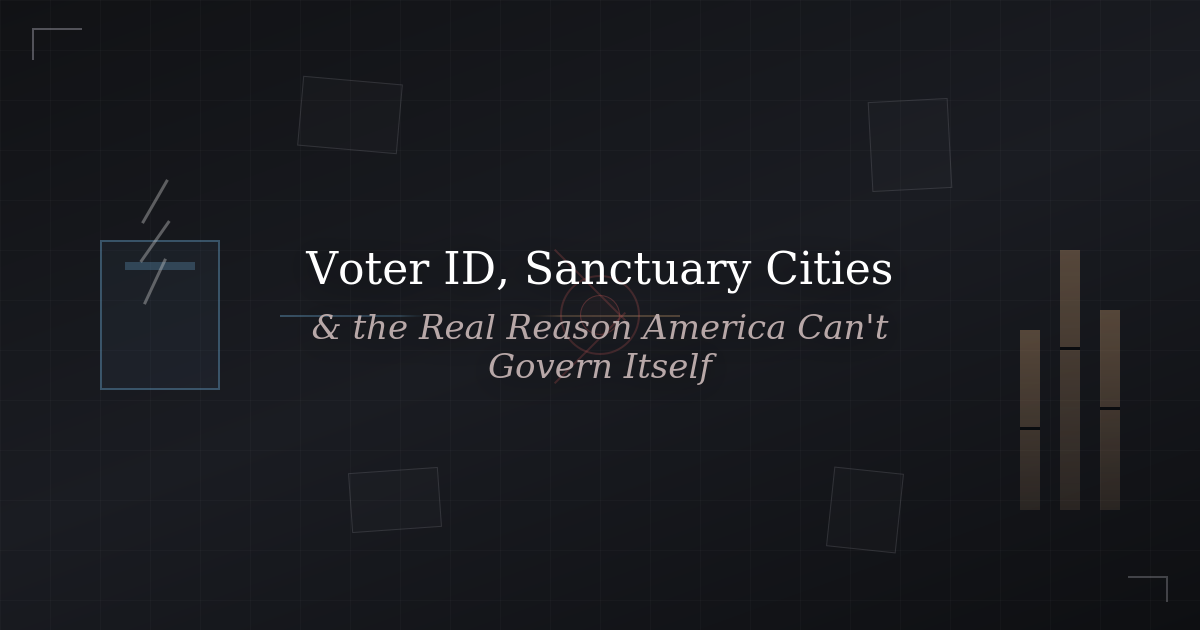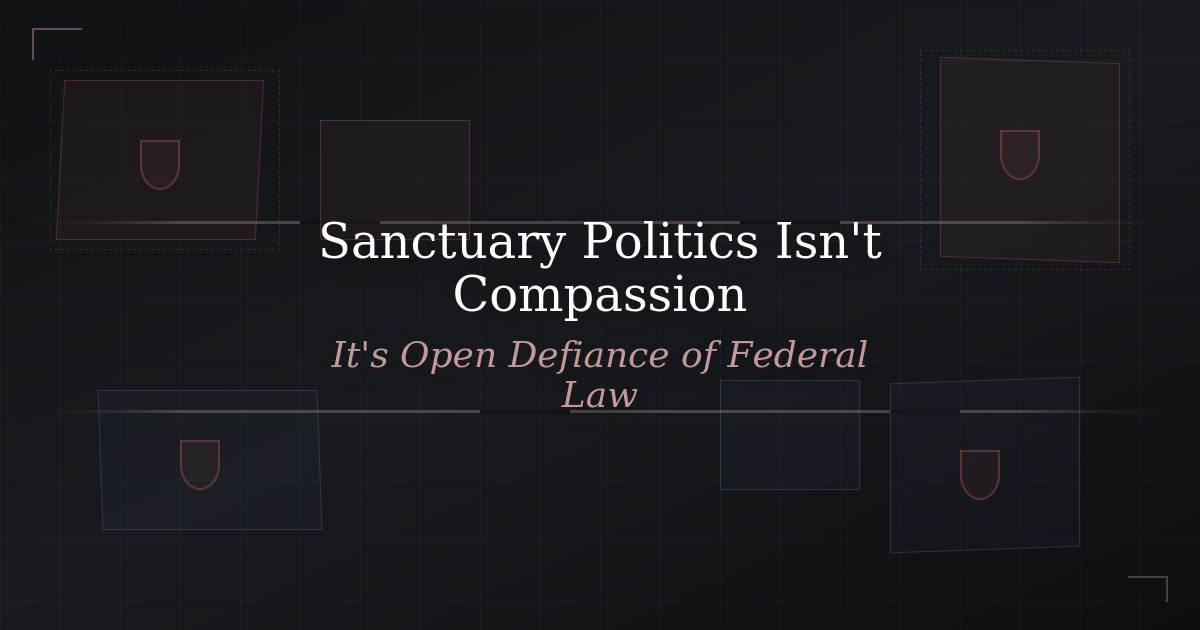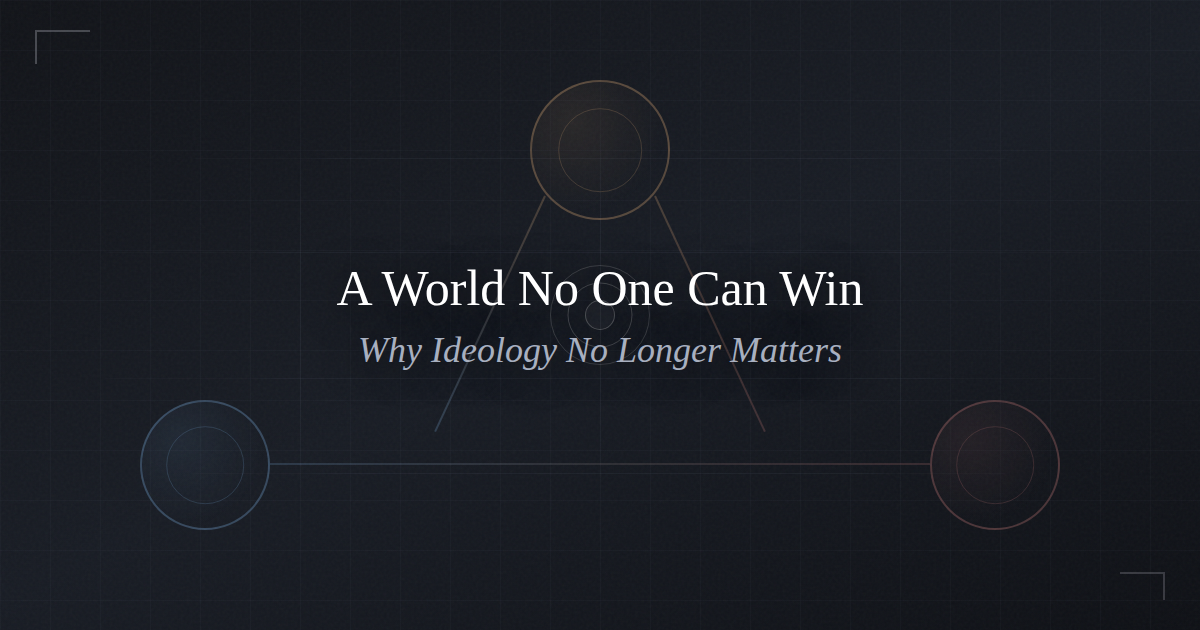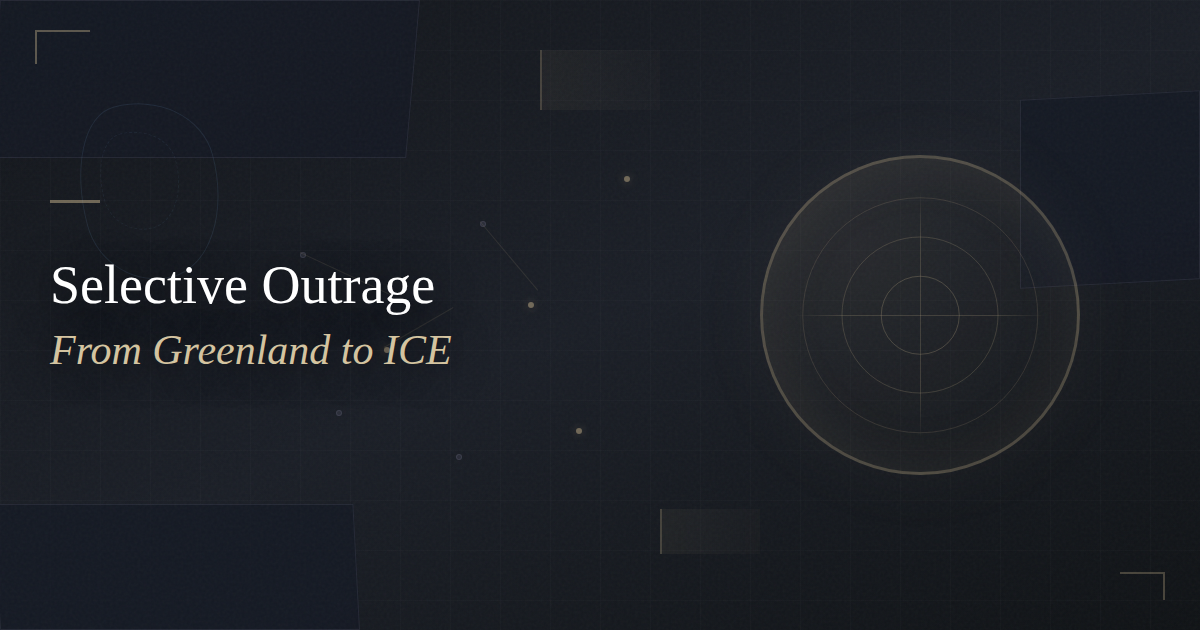US Politics - September, 2023
US Politics - September, 2023
What is on the agenda – and who is running it?
The current situation involves a series of complex issues such as the UAW strike, immigration concerns, the Ukraine war, government shutdowns, and the UN General Assembly, which often devolve into a blame game on a global scale. Despite these challenges, the United States continues to assert itself as a global leader in democracy. However, some critics argue that the U.S. government, along with the EU and Germany, exhibits authoritarian tendencies, with the UK and NATO supporting these actions while also trying to influence outcomes. Additionally, media outlets are often accused of serving as propaganda vehicles, influenced by the ideologies of their owners.
One specific point of contention is the UAW strike, which followed President Biden's endorsement of unions as vital to the nation's workforce. Some question this stance, pointing out that only around 150,000 workers are part of the UAW, a relatively small percentage of the overall workforce. They suggest that the growth of non-unionized labor may indicate a different trend among workers. These concerns are underscored by various statistics.
It's worth noting that there are suspicions of special interests playing a role in influencing democratic processes, as well as allegations of corporate culture warriors being hired to advance certain agendas. Additionally, sponsored bloggers and media outlets like
Soros, Ukrainska Pravda, and Raw Story have come under scrutiny for their potential impact on public perception and opinion.
Some interesting stats here:
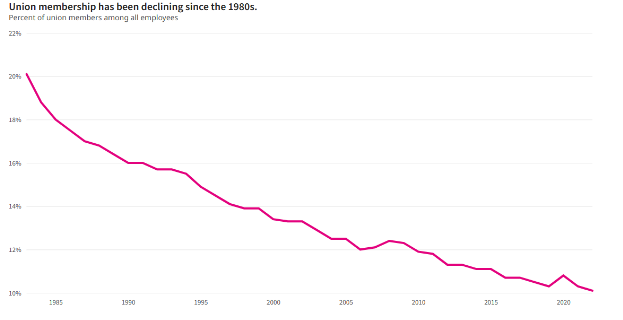
European and international car manufacturers are closely monitoring the situation and preparing to increase their production capacity. On the flip side of the UAW strike, the question arises: is it just about the strike, or is it also about wages? The participation of the U.S. President in the picket line suggests that a quick resolution is unlikely. Some argue that while Tesla may benefit from the situation, the underlying motivations might be rooted in ideology rather than purely economic considerations.
Turning to the U.S. role in the Ukraine War, there are debates about whether the United States' involvement goes beyond providing weapons. Some speculate that there could be more to it than meets the eye, with accusations of cheerleading and one-sided interpretations reminiscent of old Western movies. It's worth noting that certain individuals have been removed from the Ukrainian side of the equation, further adding complexity to the situation
The Russian human rights commissioner has interpreted her remarks as an
indication of imminent assassination attempts. Ashton-Cirillo responded on Twitter by saying that the most surprising thing about this assessment is that Russia has a human rights commissioner at all.
In the U.S., the trans woman is considered by many to be a hero due to her personal history and a wound she sustained as a medic in the Ukrainian army. Her appointment to an official post is seen as an attempt to use her popularity in America in favor of Ukraine.
It's important to emphasize that there is a significant lack of comprehensive information regarding the death toll on both sides of the war, and estimates suggest it may have reached a total of around 500,000 lives lost. Furthermore, the endgame of the conflict remains unclear, leading to uncertainty regarding strategy and the allocation of resources. This lack of transparency has raised questions about the nature of the situation.
Some have drawn parallels between this uncertainty and the Bush doctrine, which, in brief, had the idea of "either you're with us or against us," often associated with neoconservative ideology. These comparisons suggest that the conflict may be driven by a similar mentality, but it's essential to recognize that the situation is complex and multifaceted, with numerous factors contributing to the ongoing conflict.
Bloody resistance to American control of Iraq and attempts to eradicate the country's existing political systems in favor of American modes of governance damaged the credibility of the Bush Doctrine. Most damaging was the absence of weapons of mass destruction in Iraq. Any "preventive war" doctrine relies on the support of good intelligence, but the absence of WMD highlighted a problem of faulty intelligence.
By 2006, the military force in Iraq was focusing on damage repair and pacification, and the military's preoccupation with and focus on Iraq had enabled the Taliban in Afghanistan to reverse American successes there. In November 2006, public dissatisfaction with the wars enabled Democrats to reclaim control of Congress. It also forced Bush to usher the hawk - most notably Rumsfeld out of his Cabinet.
Examining the possibility of U.S. involvement or influence in the Ukraine conflict, it's notable that throughout history, powerful nations, like the Romans and Stalin, have used military force or other means to incite or inspire conflicts in different regions
The Strategic Case for Risking War in Ukraine
An invasion would be a diplomatic, economic, and military mistake for Putin. Let him make it if he must. Or some supporting info from Rand Corp, or here.
And here some thoughts, money for the War in the Ukraine,
or investing elsewhere? Do we really believe that all Ukrainians are preferring to die, rather than live with the Russian? As a democratic approach, let the people decide not NATO and the US?
If you followed the UN General assembly, the main summary, Zelinsky as the main attraction but is anyone listening? The General Secretary
laments the violence all over the World, and Joseph Biden,
all is well and we will work it all out.
It's crucial to consider both this statement and the Rand article, which emphasize that ending a war cannot be accomplished by a single party alone. Respecting the sovereignty of nations is essential. The deployment of long-range missiles in Ukraine, potentially crossing into Russian territory and beyond to China, is not a path towards peace. It raises questions about the underlying motivations, which do not seem to align with the goal of defending democracy in Ukraine. It's worth noting that Zelensky's implementation of
martial law has played a significant role in preventing the war from coming to an end.
"We strongly support Ukraine in its efforts to bring about a diplomatic resolution that delivers just and lasting peace," Mr. Biden said Tuesday. "But Russia alone, Russia alone bears responsibility for this war. Russia alone has the power to end this war immediately. And it's Russia alone that stands in the way of peace because the Russians' price for peace is Ukraine's capitulation, Ukraine's territory and Ukraine's children."
Finally, as we delve into the U.S. election cycle, which some may describe as a chaotic spectacle, including the debates, it's important to note certain observations. For those who followed the Republican debates, there's been a noticeable lack of substantive discourse. Rather than delivering meaningful content, some candidates seemed more interested in performing for a specific audience. The Republican field included various contenders, with a few echoing former President Trump's policies, while others adopted similar rhetoric without adding much depth. Among them, Mike Pence stands out but may face significant challenges in pursuing higher office.
Now, as the political landscape evolves, some candidates who have distanced themselves from Trump are gaining attention. It's evident that Trump remains a polarizing figure, with both staunch opponents and ardent supporters. The upcoming Virginia Governor's race could serve as an example of this dynamic.
For President Biden, his platform emphasizes unity and a return to more traditional politics, contrasting with the Trump era's divisive rhetoric. However, some critics argue that his approach leans towards authoritarianism, with slogans like "Make America Great Again" being viewed as an enemy of the people. Biden's bid for a third term is seen by some as a test of whether a governing style rooted in rhetoric and less substantive policy can succeed.
It's essential to consider that in a democracy, the people's will should be central. Nevertheless, the current political climate often seems dominated by media narratives and partisan divisions. Encouragingly, some advocate for a shift toward problem-solving over rigid ideological stances.
Amidst the backdrop of a seemingly tumultuous world, characterized by climate change concerns and a media cycle that often highlights crises, it's important to maintain a sense of perspective. The current state of governance can be likened to a reflection of these complex times. As we navigate this environment, it's crucial to prioritize fair elections and promote solutions-oriented candidates over zealous ideologues or divisive politics.

